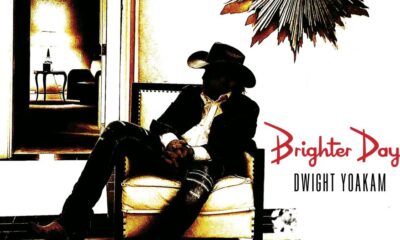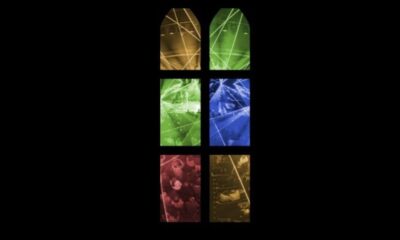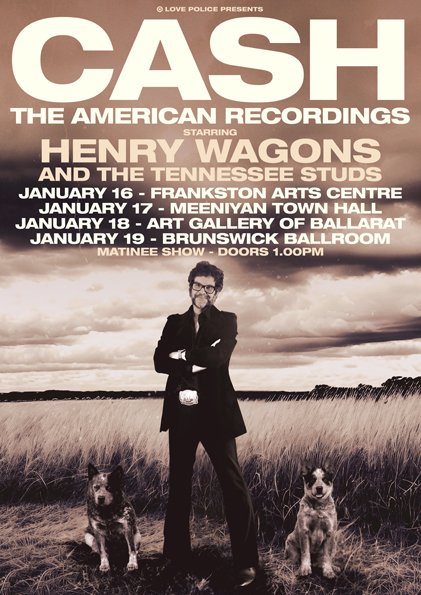Reviews
Car Wheels on a Gravel Road – Lucinda Williams
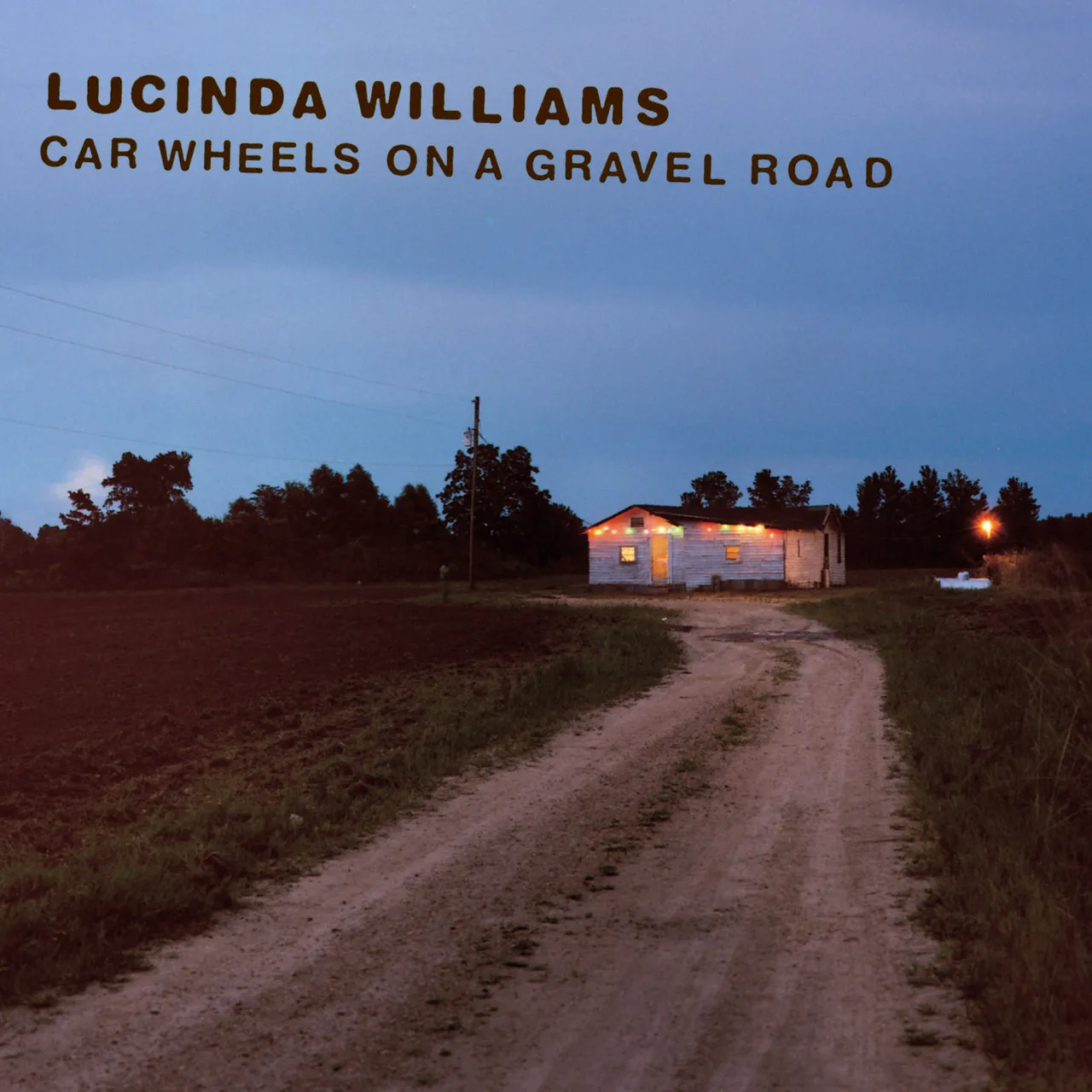
“Car Wheels on a Gravel Road” by Lucinda Williams is a musical journey through the heart of Americana, a raw and unfiltered expression of emotions set against the backdrop of dusty roads and soul-stirring landscapes. Released in 1998, this album has become a touchstone for alt-country and roots music, capturing the essence of life’s trials and tribulations.
From the very first chords of the album’s title track, it’s clear that you’re in for an authentic and emotionally charged experience. Lucinda Williams’s raspy and evocative voice immediately draws you into her world, a place of both personal introspection and universal emotions. The songs on this album are like snapshots of life, capturing moments of joy, heartache, longing, and resilience.
Lyrically, “Car Wheels on a Gravel Road” is a masterclass in storytelling. Williams has an uncanny ability to paint vivid pictures with her words, immersing listeners in the landscapes and characters that inhabit her songs. Each lyric is imbued with a sense of lived experience, often drawing from her own life and observations. Tracks like “Drunken Angel” and “Lake Charles” showcase her ability to convey complex emotions with simplicity and honesty.
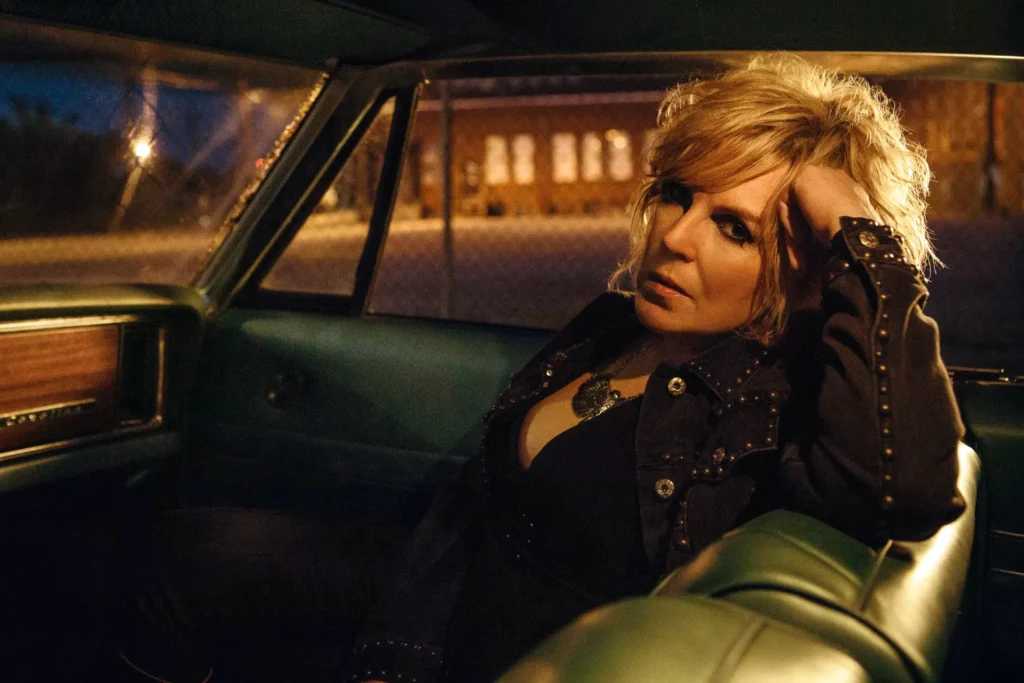
The album’s production is beautifully understated, allowing the songs to breathe and the emotions to shine through. The arrangements blend elements of country, folk, and rock, creating a musical tapestry that perfectly complements Williams’s gritty vocals. The twang of guitars, the soulful harmonica, and the occasional strains of slide guitar create a rich sonic backdrop that transports you to the heart of the American South.
One of the standout qualities of “Car Wheels on a Gravel Road” is its sense of authenticity. The imperfections in Williams’s voice, the rawness in her delivery, and the unpolished edges of the production all contribute to the album’s genuine and unvarnished feel. It’s an album that doesn’t shy away from showing its scars and vulnerabilities, which is precisely what makes it so compelling.
From the bluesy swagger of “Right in Time” to the introspective beauty of “Greenville,” every track on the album has its own unique flavor and emotional resonance. Collectively, they come together to create a cohesive and immersive experience that speaks to the shared human experience of love, loss, and the search for meaning.
“Car Wheels on a Gravel Road” is a masterpiece of American roots music, a snapshot of life’s highs and lows captured in song. Lucinda Williams’s evocative storytelling, paired with the album’s raw production and emotive performances, make it a timeless classic that continues to resonate with listeners who appreciate music that wears its heart on its sleeve. This album is not just a collection of songs; it’s a journey into the soul of an artist and the landscapes that shape her.
Latest News
REVIEW: Healing Descent – Van Walker

Van Walker’s latest album, Healing Descent, is a testament to his lyrical brilliance and emotional depth. Recorded in just four days during a break in his Canadian tour, the album reunites Van with long-time collaborator Chris Altmann and introduces Carl Jennings as part of the creative force behind its production. Together, they’ve crafted a collection of ten tracks that are as musically diverse as they are thematically profound.
Drawing inspiration from the first spring of lockdown in 2020, Van captures a delicate balance between optimism and reflection. Tracks like “Persephone’s Return” and “Her Gentleness” sparkle with hope, celebrating renewal and the unstoppable resilience of nature. Yet, the album doesn’t shy away from darker undertones, with songs like “Certainty of Sand” exploring themes of loss and uncertainty.
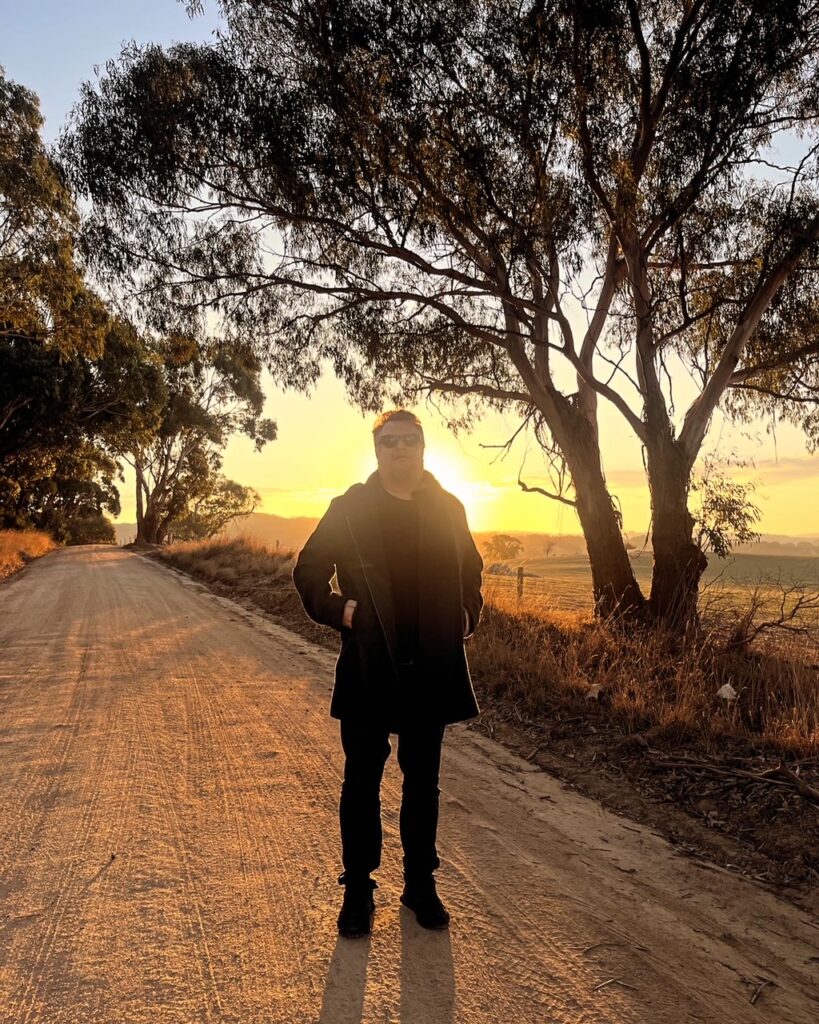
Healing Descent also showcases a subtle yet powerful interplay of seasons, with tracks such as “Summer Thunder” and “Winter’s Last Words” adding a cyclical, almost poetic, narrative. This undercurrent of “Ruin & Refuge” and “Death & Reanimation” ties the album together, making it more than just a collection of songs—it’s a cohesive journey through life’s tumultuous moments and the promise of renewal.
Van’s vocal and lyrical artistry are perfectly complemented by Altmann’s production expertise and Jennings’ studio mastery, breathing life into the album’s earthy yet intricate soundscapes. With Healing Descent, Van Walker proves once again why his music resonates deeply, offering listeners an album that is both profoundly personal and universally relatable. This is an artist at the peak of his craft, reminding us of the beauty and resilience found in both music and life itself.
Reviews
REVIEW: The Four Seasons – Henry Wagons
Henry Wagons’ latest album, “The Four Seasons”, is an enthralling exploration of alt-country music that fuses classic and contemporary styles. This album demonstrates Wagons’ distinctive talent for combining humour, feeling, and musical exploration into a unified and captivating listening experience that leaves you wanting more

Henry Wagons’ latest album, “The Four Seasons”, is an enthralling exploration of alt-country music that fuses classic and contemporary styles. This album demonstrates Wagons’ distinctive talent for combining humour, feeling, and musical exploration into a unified and captivating listening experience that leaves you wanting more and awaiting the chance to embrace this album in a live experience, dimly lit, smoke filled room, whiskey in hand.
Early in the album Wagons leads us into “Freight Train (Going South),” with eerie backing vocals and a piercing train horn establish the mood. With lyrics like “once you ride this train, you ain’t gonna want to ride trains no more,” Wagons ‘s deep, resonant voice evokes a feeling of exploration and self-reflection. Wagons’ talent for combining comedy and emotional storytelling is on full display in this and other songs like “I’m Glad I Fell In Love With You,” which incorporates pedal steel and sobbing mandolins.

Among the notable collaborations on the album are the duets with Queenie, a fellow Melburnian. Queenie’s vocals elevate the dramatic stakes of “Open The Door,” which culminate in a musically violent climax that is a stunning contrast to the introverted piano melody. The slower shuffle rhythm and pedal steel of “Surrender” evoke feelings of hesitancy and self-reflection, revealing a more sensitive side of the artist.

The instrumental interludes that distinguish “The Four Seasons” are a notable aspect of the album. With its hints of openness and independence muted by sinister undertones, “Autumn” evokes the atmosphere of a contemporary western mood piece. Leaning into a Sergio Leone-inspired soundscape, “Summer” has whistling and echoey brass that evokes visions of expansive, sun-kissed vistas. Minimalists in structure, “Winter” showcases acoustic guitar and swaying synths, while “Spring” provides a quick, energetic soundscape. Together, they make an impression and almost like brief intermezzo’s of the seasons and the landscape experience of Wagons’ himself.
The versatility of Wagons’ sound is on full display throughout the record. The semi-mechanized rhythm and swelling trumpets of “Park At The Station (Friends Of Mine)” create a new Melbourne ballad that delves into pragmatic crises and tales of friendship. With its bluesy tones and the touch of booze on the lips “Are You Impressed” gives the album yet another emotional edge that is hard to escape.
When experienced as a whole, “The Four Seasons” demonstrates Henry Wagons’ adaptability and originality. Sit back, relax, and let yourself be swept away by the album’s complex, lush soundscapes. Everyone from classic country music lovers to those seeking more contemporary sounds will find something they like on this album. With his deep voice, astute lyrics, and a wide array of musical influences, The Four Seasons is an outstanding alt-country album and one sure to feature in several end of year lists and awards nominations.
Reviews
REVIEW: Brighter Days – Dwight Yoakam
Country music icon Dwight Yoakam returns with Brighter Days, his first album of new music in nearly a decade. This release showcases not only Yoakam’s signature honky-tonk flair but also a more introspective side, inspired by his journey as a husband and family man. The album feels like a celebration of love, resilience, and the beauty of simpler moments, wrapped in Yoakam’s timeless blend of traditional and modern country sounds.
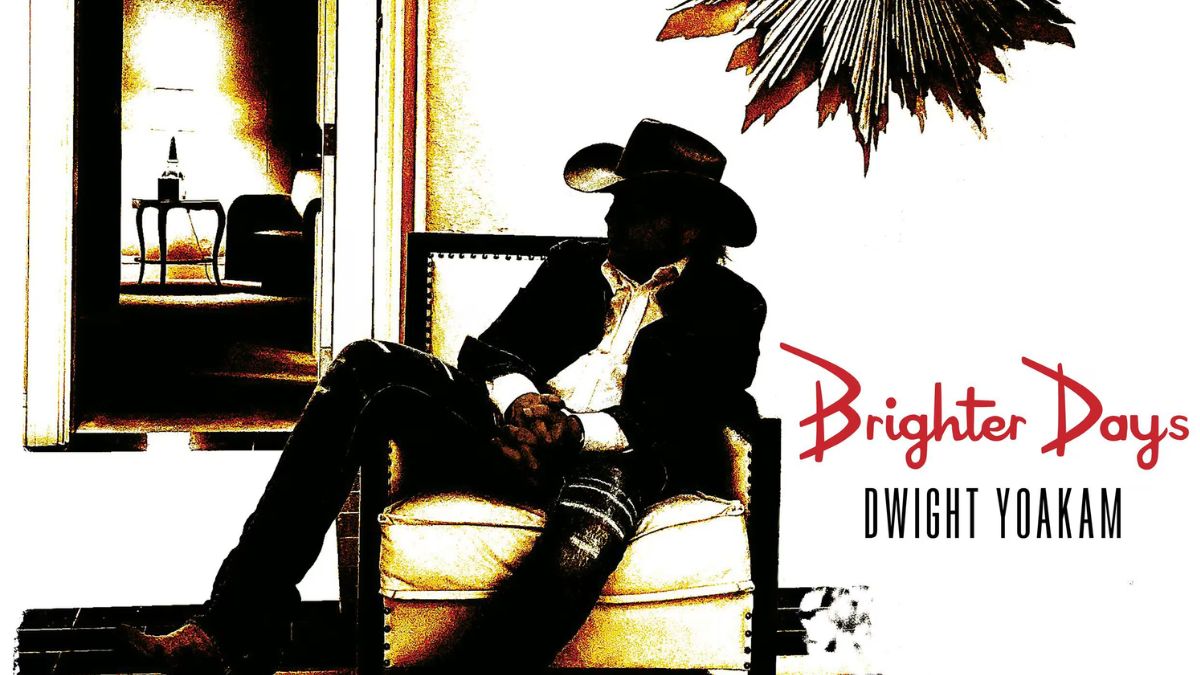
Country music icon Dwight Yoakam returns with Brighter Days, his first album of new music in nearly a decade. This release showcases not only Yoakam’s signature honky-tonk flair but also a more introspective side, inspired by his journey as a husband and family man. The album feels like a celebration of love, resilience, and the beauty of simpler moments, wrapped in Yoakam’s timeless blend of traditional and modern country sounds.
The album kicks off with “Wide Open Heart,” an upbeat, twangy anthem that channels Yoakam’s classic sound. It’s a song of love and commitment, where he opens up about finding strength in vulnerability. The track sets the tone for the album with its catchy rhythm and heartfelt lyrics, reminding fans why Yoakam’s voice and style remain so compelling.

The album progresses with Yoakam’s iconic insight to honky tonk and country music highlighting every track before “A Dream That Never Ends” slows things down, bringing a reflective, almost wistful energy. Yoakam’s vocals feel particularly emotive here, as he sings about cherishing the present moment.
Brighter Days also features three intriguing cover songs that showcase Yoakam’s ability to blend influences from across genres. The Carter Family’s “Keep On The Sunny Side” is a tribute to classic country, bringing a comforting sense of nostalgia. Cake’s “Bound Away” introduces an indie flair, and Yoakam’s take on Chris Hillman’s “Time Between” pays homage to The Byrds’ roots-rock legacy, infusing it with his own honky-tonk twist.
The standout track on Brighter Days has to be “I Don’t Know How To Say Goodbye,” a surprise duet with Post Malone. This unexpected pairing works beautifully, as Yoakam’s rich, earthy tone complements Malone’s raw, emotional delivery. Together, they fuse generations and highlight one’s legendary status in country music and the others respectful and soulful homage which makes this one of the standouts not only on this album, but also of 2024.
Throughout Brighter Days, Yoakam’s lyrics reflect his personal growth and new perspectives. The themes of love, family, and finding light in dark times are woven through each song, creating a cohesive narrative that feels genuine and heartfelt. After nine years, Yoakam’s return with Brighter Days reminds us of his undeniable talent for storytelling and his unique ability to bridge the old and the new in country music. Fans of Yoakam will find plenty to love in this album, which not only celebrates his legacy but also signals a new chapter in his life and career.





